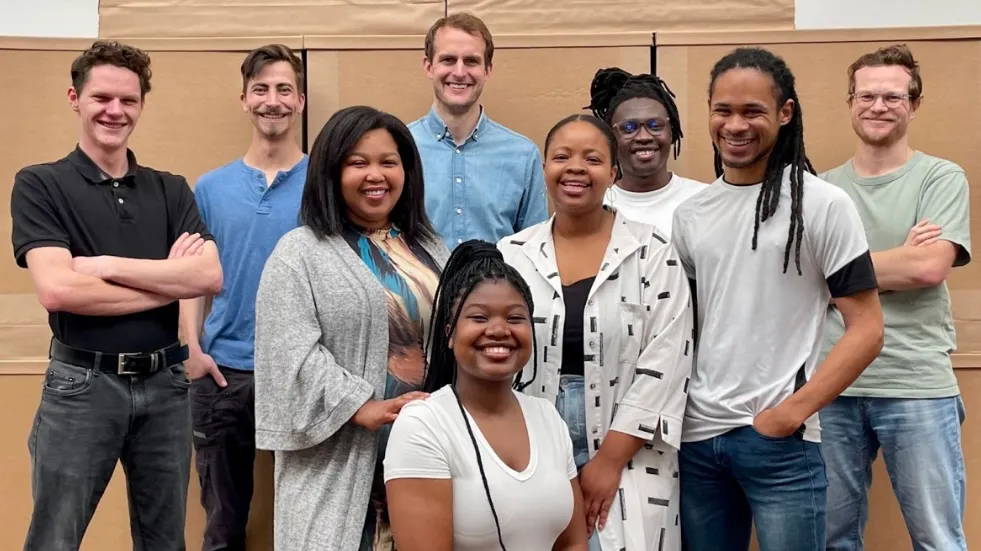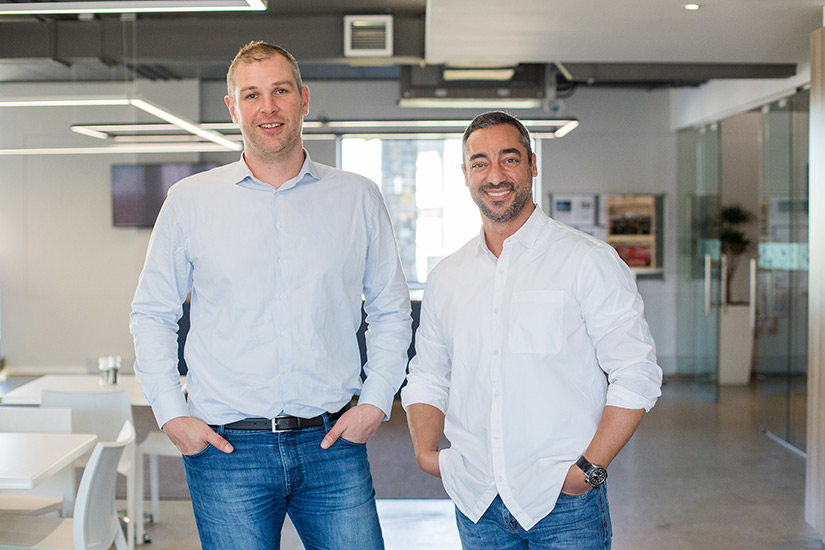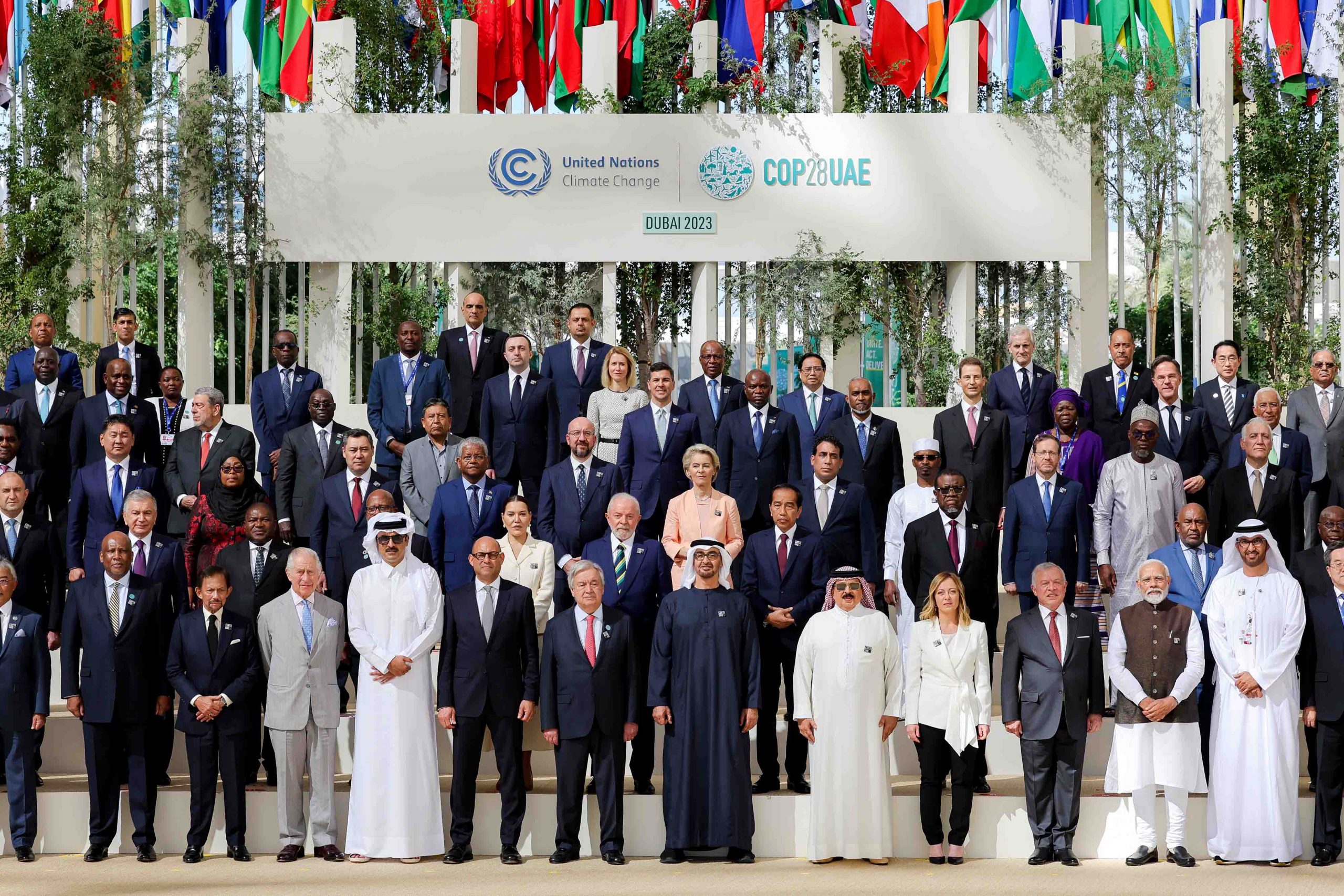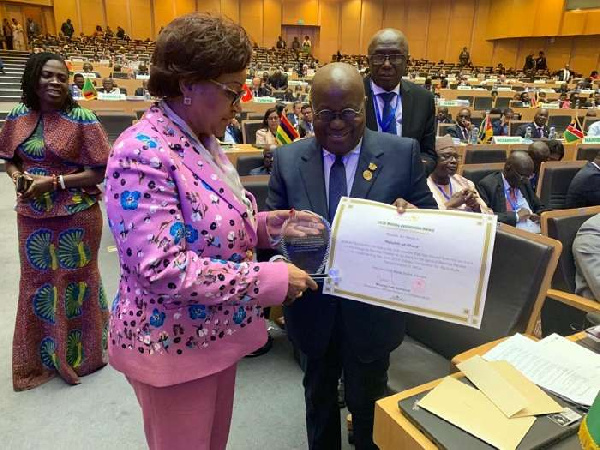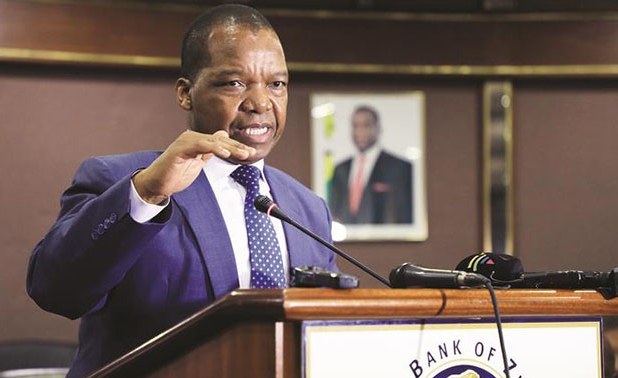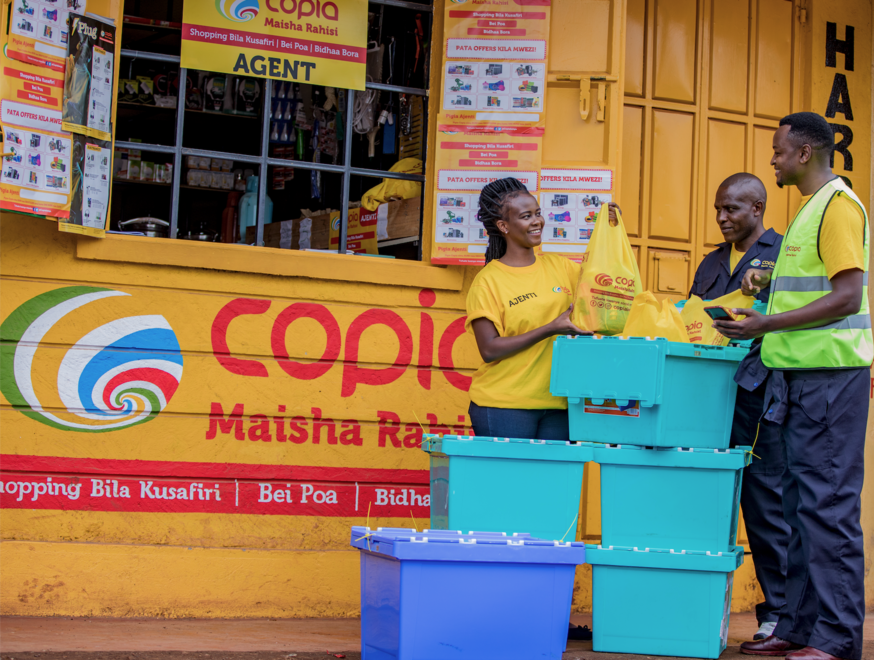South Africa’s TUNL Secures $1M to Offer Transparent Shipping Solution
TUNL, a South African parcel shipping platform, recently secured $1 million in pre-seed funding from notable investors, including Founders Factory Africa, Digital Africa Ventures, E4E Africa, and Jozi Angels. The investment aims to support TUNL’s expansion within its primary market, South Africa, and lay the foundation for its entry into other key African and emerging markets.
The platform, founded in 2022 by CEO Matthew Davey and COO Craig Lowman, addresses the challenges faced by e-commerce merchants dealing with exorbitant international shipping costs. TUNL’s strategic approach involves forming partnerships with major courier services like UPS and FedEx, negotiating favorable rates, and subsidizing shipping costs for small- and medium-sized enterprises (SMEs) by 50% to 75%. This commitment to transparency and cost reduction enables TUNL to empower businesses of all sizes, fostering international sales and growth.
Why the Investors Invested
Investors were compelled to allocate $1 million in pre-seed funding to TUNL due to a meticulous evaluation of the startup’s value proposition and the prevailing market dynamics. The decision to invest in TUNL can be dissected into several critical factors.
In the first place, the investors recognized the magnitude of the problem TUNL aimed to address — the exorbitant shipping costs for small businesses in emerging markets, especially South Africa. The fact that cross-border shipping challenges were costing African businesses an estimated $50 billion annually underscored the substantial market gap. Investors, driven by a keen sense of market potential, saw TUNL’s solution as not only innovative but also as a means to tap into a lucrative and underserved market segment.
Again, TUNL’s founders, Matthew Davey and Craig Lowman, demonstrated a nuanced understanding of the industry pain points. Davey’s firsthand experience as the managing director of a Dutch company importing South African engineering materials into Europe highlighted the inefficiencies and costliness of existing shipping processes. The investors likely found confidence in the founders’ ability to address a real-world problem with practical industry insights, increasing the likelihood of TUNL’s success in the market.
Furthermore, TUNL’s commitment to transparency and cost reduction in international shipping resonated with investors. The founders’ approach of forming strategic partnerships with established courier services, negotiating favorable rates, and subsidizing SMEs’ shipping costs by 50% to 75% showcased a business model that aligned with both ethical and profitable considerations. Investors saw the potential for TUNL not only to disrupt the existing market but also to create a sustainable and scalable solution.
Lastly, the investors’ decision was likely influenced by the impressive growth metrics and traction that TUNL demonstrated. The month-on-month growth rate of 35%, coupled with over 700 merchants joining its “shipping club” and facilitating the shipment of over 8,000 international parcels in 2023, provided tangible evidence of TUNL’s market acceptance and execution capabilities. Investors, being inherently risk-averse, found assurance in these concrete achievements, validating their choice to back TUNL with substantial pre-seed funding.
A Look at TUNL
Founded in 2022 by Matthew Davey and Craig Lowman, TUNL is a South African startup focused on revolutionizing cross-border shipping for e-commerce merchants. The company’s primary markets include the U.S., the U.K., Europe, and Australia, with two-thirds of its parcels destined for the U.S. TUNL competes with platforms such as ANKA, an Ivorian startup partnered with DHL.
The platform’s growth has been noteworthy, experiencing a 35% month-on-month increase since its launch. With over 700 merchants in its “shipping club,” TUNL has facilitated the shipment of over 8,000 international parcels in 2023, representing exports from South Africa worth R19.5 million. TUNL’s revenue model involves taking margins on orders placed through its platform, which caters to a diverse range of products, including backpacks, fashion footwear, arts and crafts, books, nanofiber materials, high-performance springs, furniture, musical instruments, and nonperishable products like cosmetics.
Looking ahead, TUNL plans to leverage its seed funding to enhance sales processes and streamline onboarding for new merchants, emphasizing a self-service approach. The startup’s success is evident in the positive impact on merchants, with growing businesses attributing their transformations to TUNL’s ability to unlock international markets for South African products.

Charles Rapulu Udoh is a Lagos-based lawyer, who has several years of experience working in Africa’s burgeoning tech startup industry. He has closed multi-million dollar deals bordering on venture capital, private equity, intellectual property (trademark, patent or design, etc.), mergers and acquisitions, in countries such as in the Delaware, New York, UK, Singapore, British Virgin Islands, South Africa, Nigeria etc. He’s also a corporate governance and cross-border data privacy and tax expert. As an award-winning writer and researcher, he is passionate about telling the African startup story, and is one of the continent’s pioneers in this regard.

